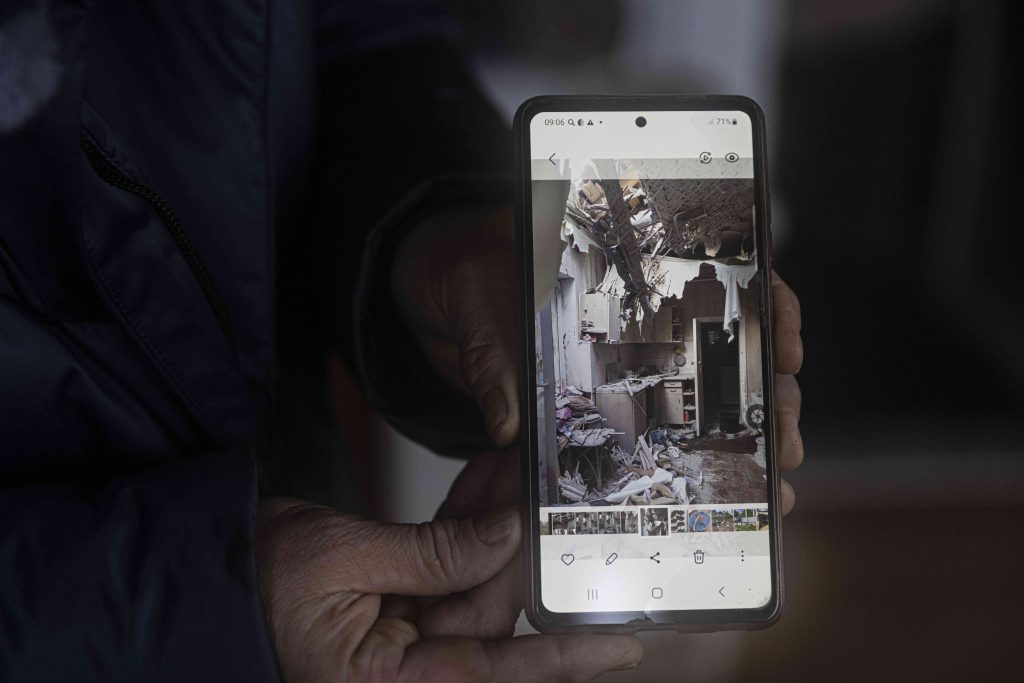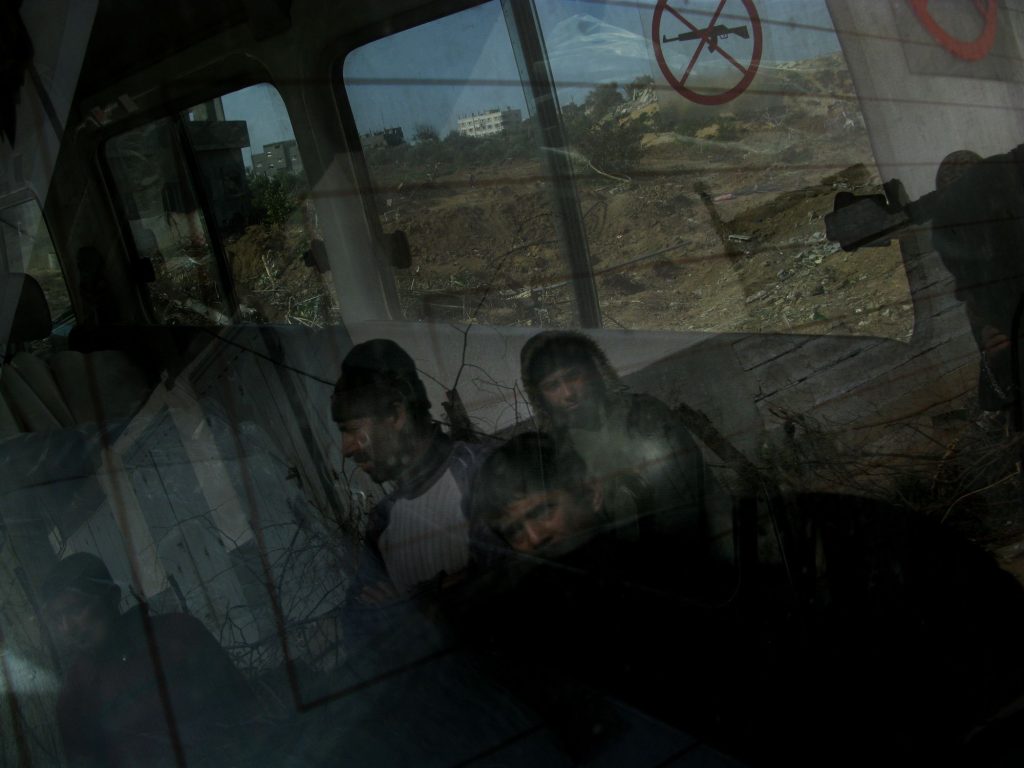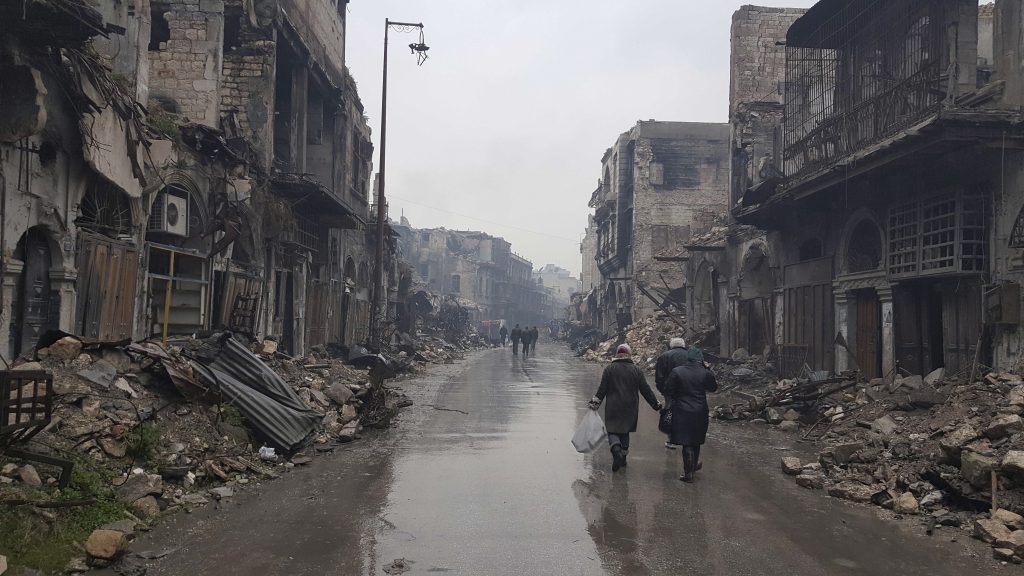From theology to technology: a call for IHL ambassadors in the Asia-Pacific region
By Dr. Ai Kihara-Hunt, Dr. Jonathan Kwik, and Kelisiana Thynne
The Asia-Pacific region is diverse in religious, ethnic and historical backgrounds as well as in economic development. However, armed conflict is often not recognized by states in the region, and... Read moreFostering Global Dialogue: Asia-Pacific States Discuss International Humanitarian Law and Cyber Operations During Armed Conflict
By Fasya Addina Teixeira and Christian Donny Putranto
The International Committee of the Red Cross (ICRC) and the Ministry of Foreign Affairs of the Republic of Indonesia have recently published a new report of the Asia-Pacific regional consultation on international... Read moreCivilianization of Digital Operations: A Risky Trend
By Mauro Vignati and Kubo Mačák
The growing involvement of civilians in activities on the digital battlefield puts individuals at risk of harm and contributes to the erosion of the principle of distinction, an edifice on which the rest of... Read more
Australia’s Office of the Special Investigator: to what extent can victims participate in potential war crimes prosecutions?
By Mary Flanagan
An Office of Special Investigator (OSI) is currently undertaking an unprecedented investigation into alleged war crimes committed by Australian Defence Force (ADF) personnel in Afghanistan. The allegations concern unlawful killings, inhuman treatment of prisoners, competition... Read moreLaws of the “LAWS”: IHL Remarks on Lethal Autonomous Weapon Systems
By Dr. Ali Masoudi Lamraski
Physically removing weapons users or controllers from the battlefield has been considered the primary driving factor for advancements in military weapons technology. This tendency has led to the so-called “third revolution... Read moreJustice for Syrians under the International Criminal Court: Applying the Myanmar Model of Territorial Jurisdiction for Cross-border Crimes
By Natasha Chabbra
The jurisdiction of the International Criminal Court, since its inception, has been firmly rooted in the principle of voluntary participation through ratification of the Rome Statute. In 2018, the Pre-Trial Chamber of the International... Read moreRadio silence: autonomous military aircraft and the importance of communication
By Dr. Eve Massingham
Communication is central to military operations but very susceptible to disruption and interception. Autonomous military aircraft may reduce this vulnerability and allow the military to operate more effectively in communications denied environments. However,...
Read more







